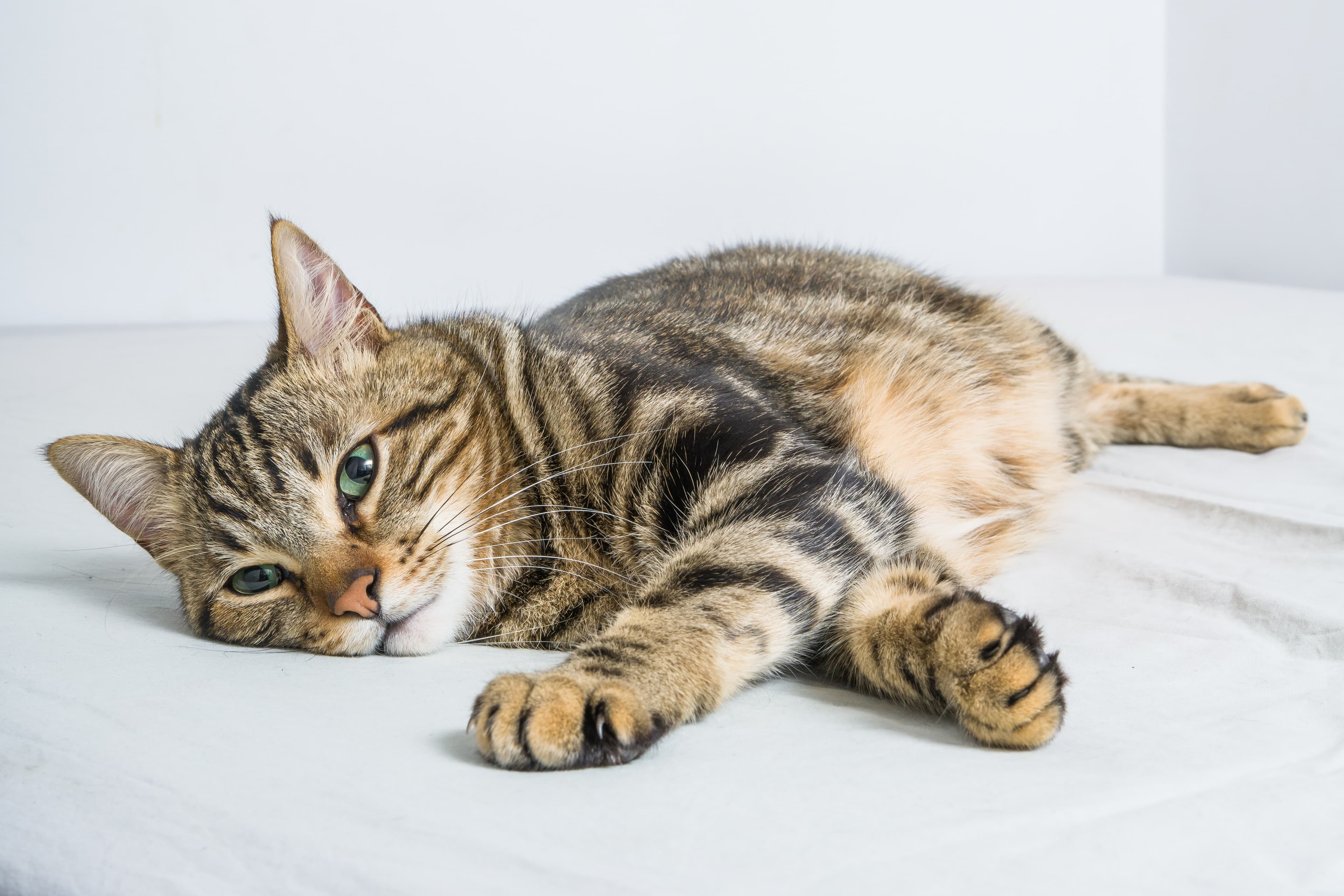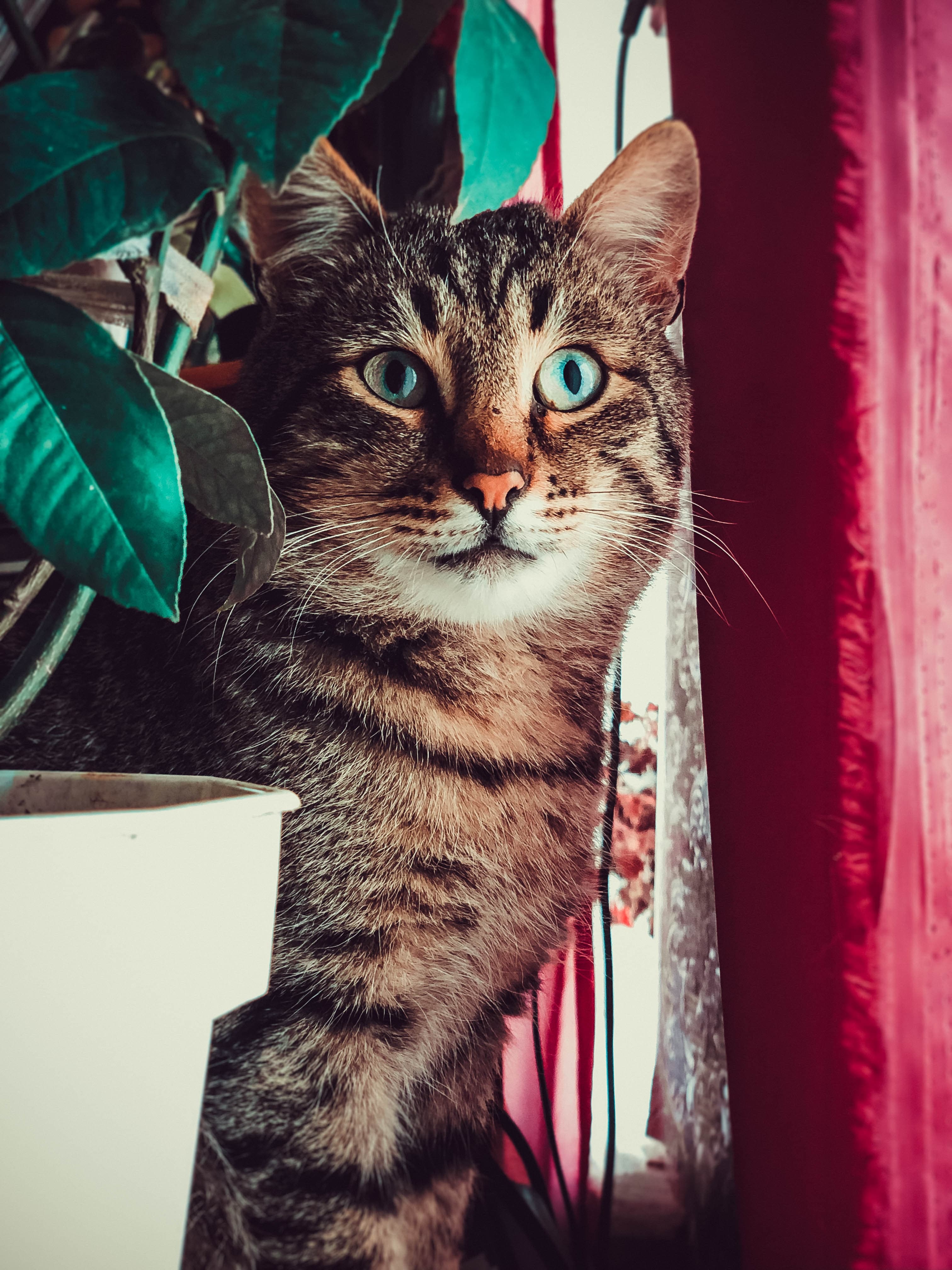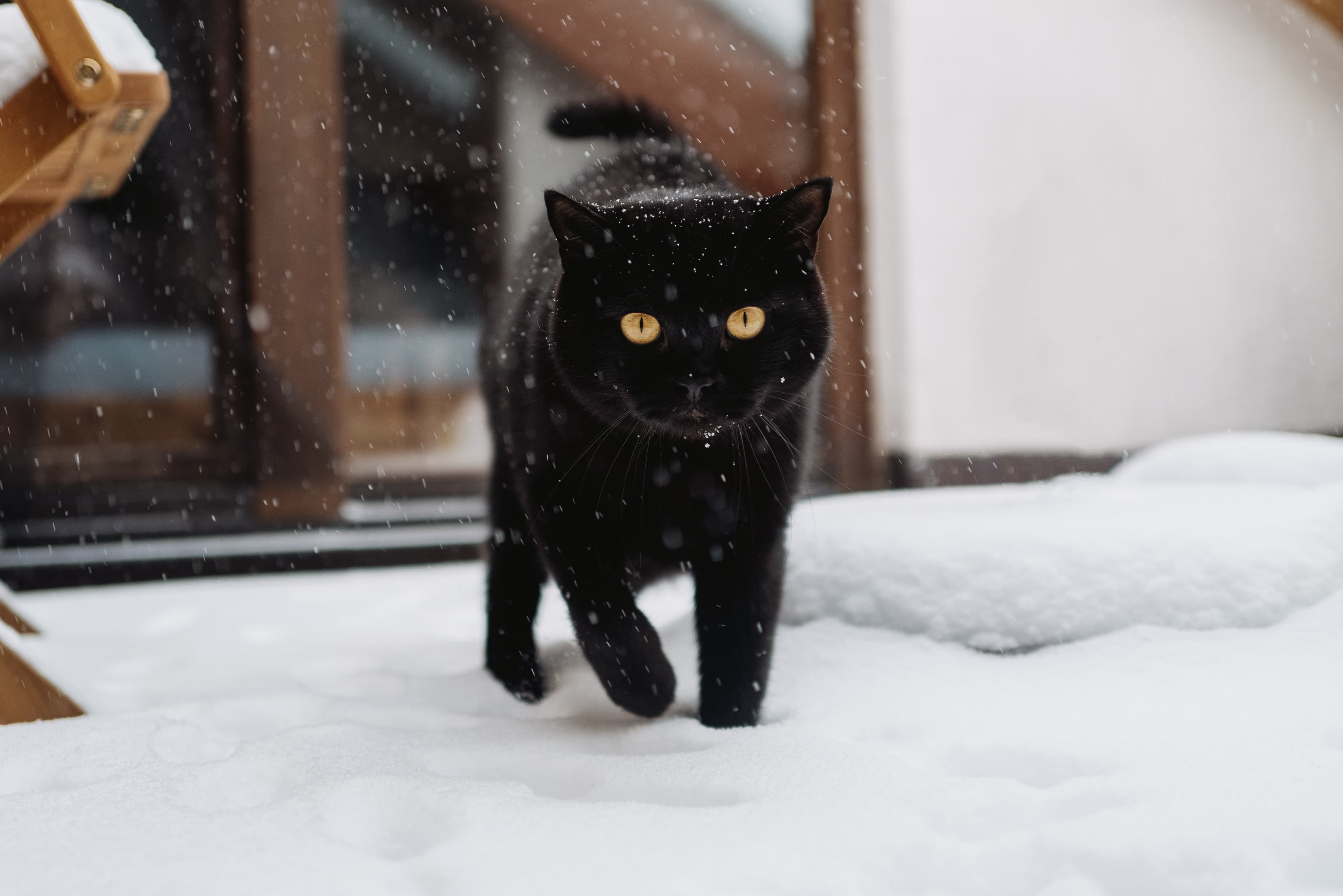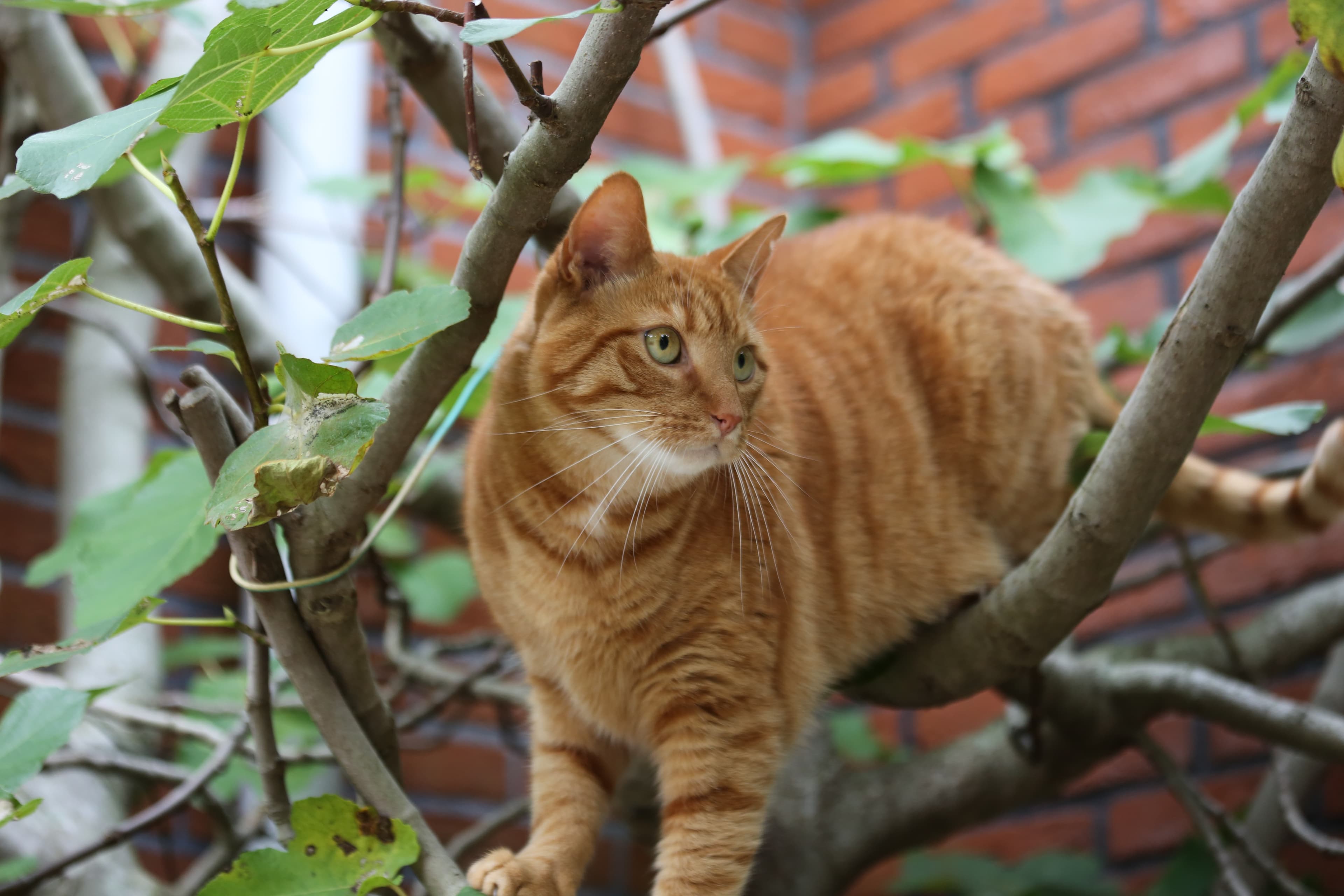Watch out for antifreeze – it's toxic to cats
Antifreeze, or ethylene glycol as it’s also known, is commonly found in car coolants. It’s odourless but has a sweet taste, which can sadly tempt cats to lick it. Ingesting antifreeze is extremely dangerous for cats, and even a small amount can be fatal. It often leads to severe poisoning, which can unfortunately result in death.
In the body, antifreeze breaks down into substances that damage a cat's kidneys and also affect their nervous system and heart. If a cat ingests antifreeze, they may show acute symptoms like wobbliness, vomiting, weakness, and even seizures. Increased thirst and urination are also signs of kidney damage. A cat's general condition can deteriorate rapidly. They might seem cold or 'drunk' during the poisoning. Sometimes, cats appear to improve after the initial stage, but this is often short-lived. Their condition can then worsen, with an increased heart rate and breathing difficulties. Within a few days, the poisoning can become so severe that the cat can't recover.
Like many other types of poisoning in cats, the symptoms of antifreeze poisoning can be similar to other conditions. So, if you suspect your cat has ingested antifreeze, you should go straight to the vet for an examination and diagnosis. Antifreeze is absorbed very quickly by the body, making prompt treatment – including IV fluids – crucial for a cat’s potential recovery.
We recommend always storing liquids containing antifreeze where your cat absolutely cannot reach them! Be sure to clean up any spills immediately.






